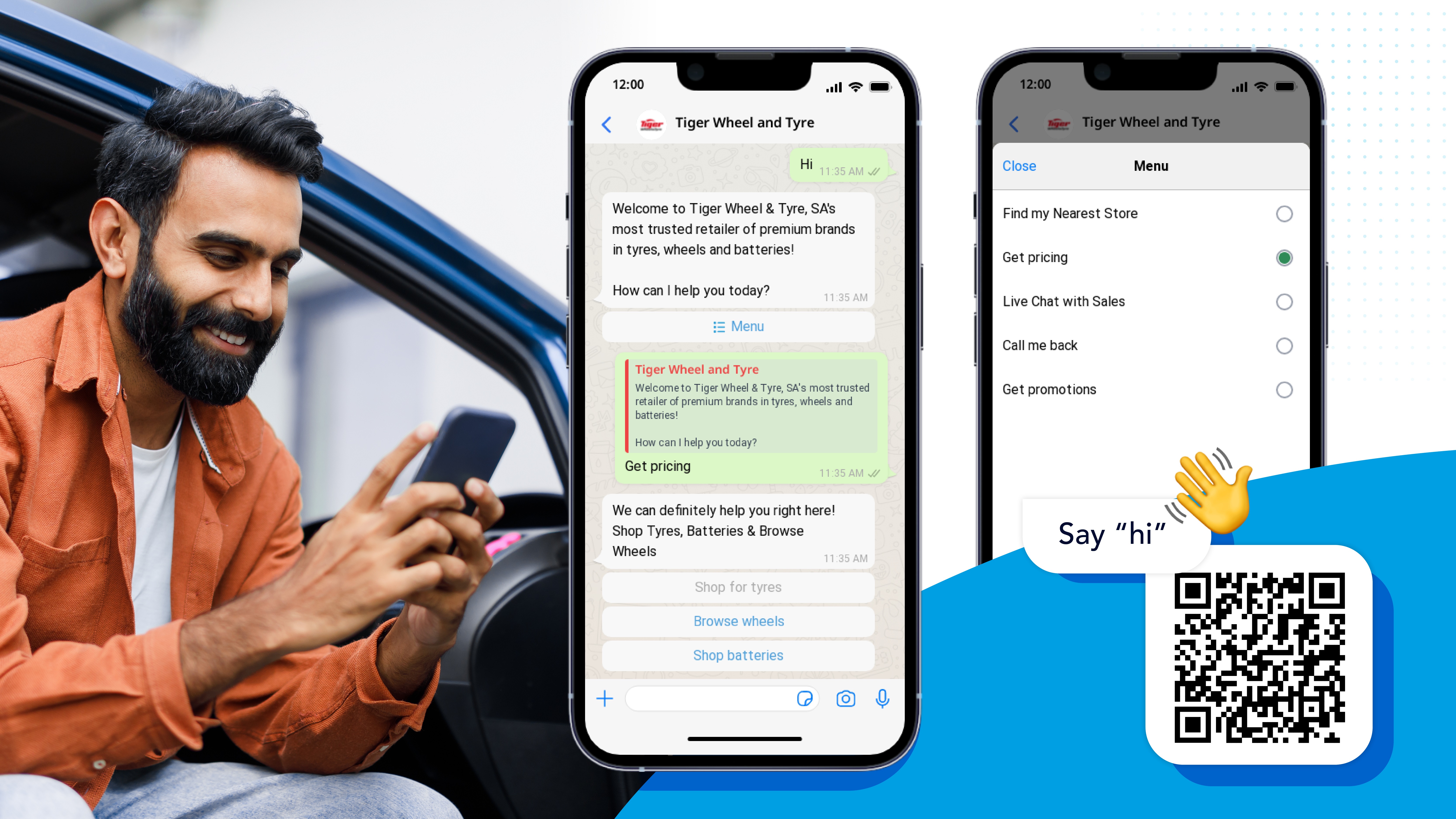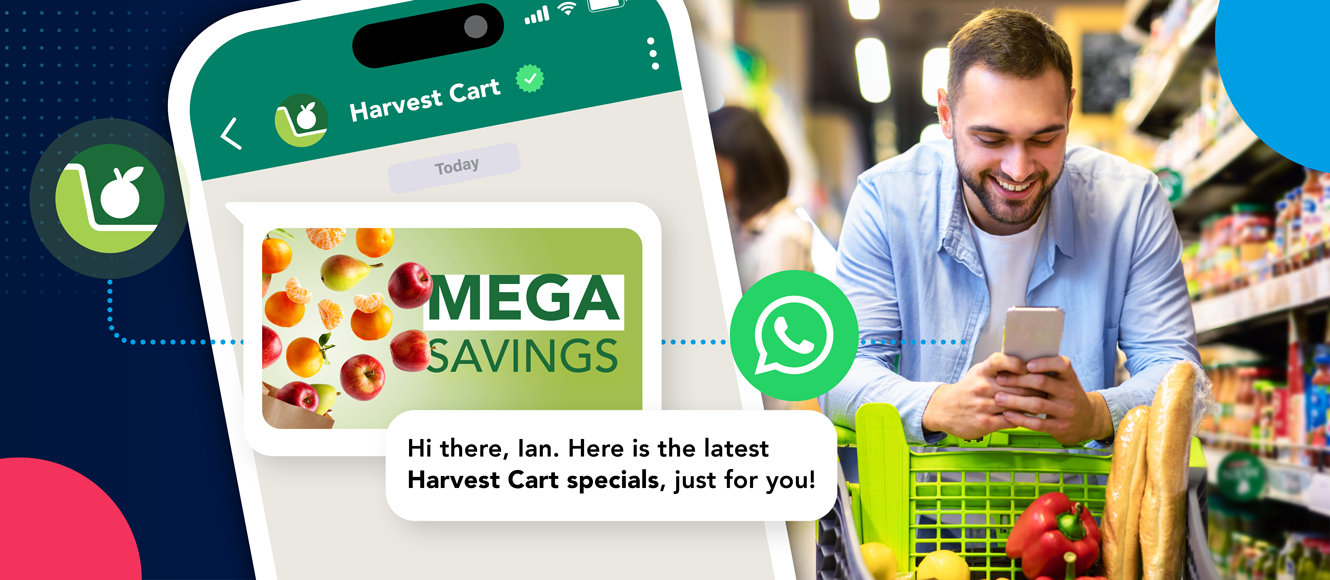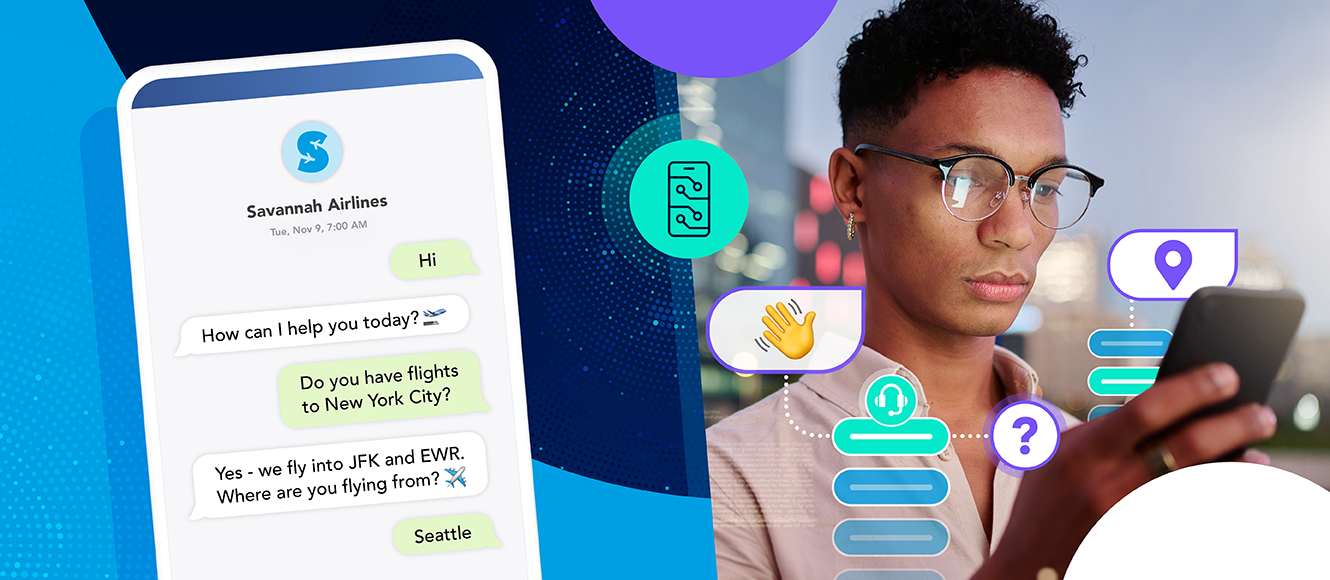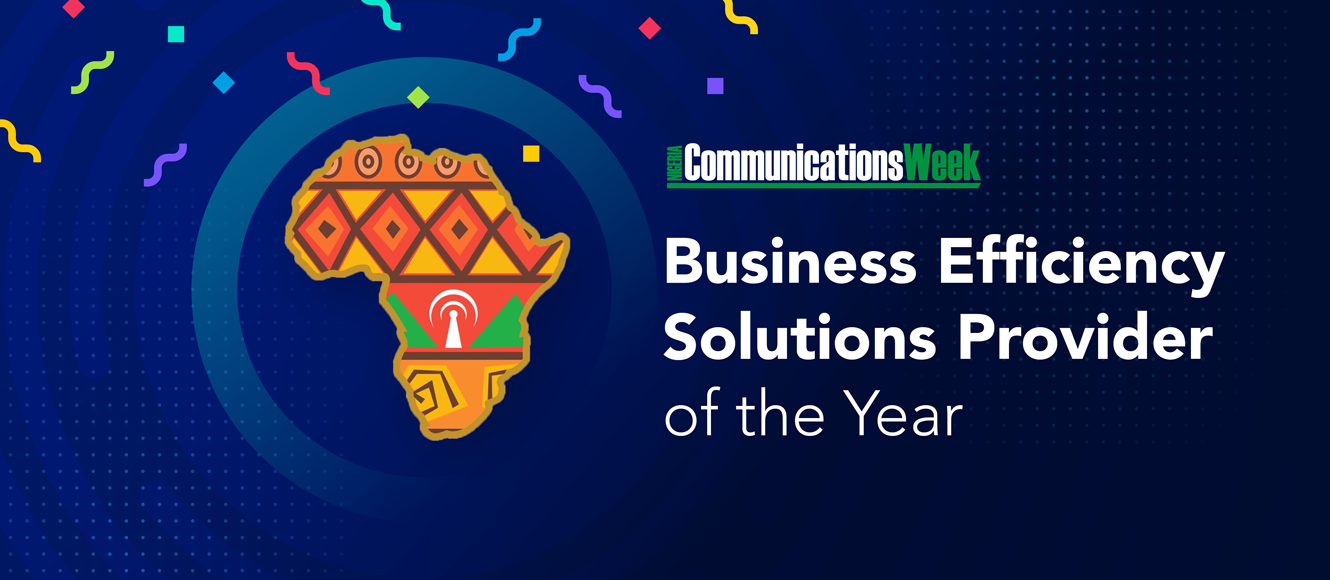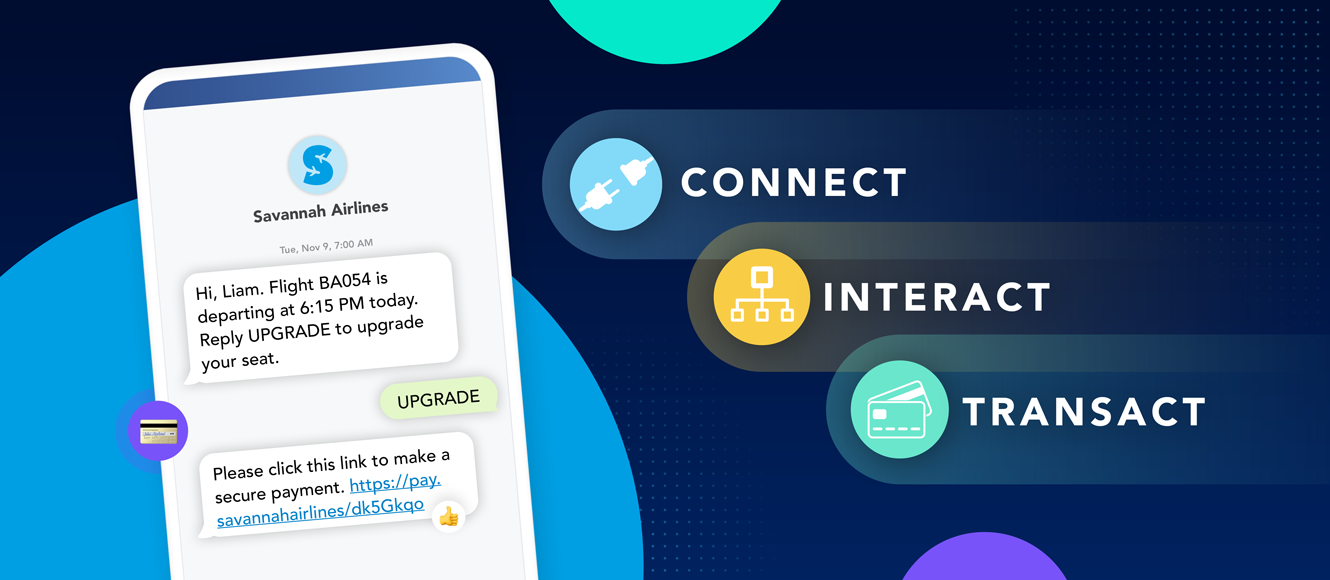
Yet today, we already have three such networks operational (courtesy of Sentech, WBS and Vodacom), with MTN and others set to follow shortly. So what has changed? Well quite a bit actually. Mobile operators have witnessed a rapid deregulation of the communications market in 2004, as well as the swift growth of alternative mobile data solutions such as Wi-Fi, WiMAX and UMTS-TDD. When coupled with a growing need to further differentiate their services in a highly competitive market, operators have been spurred on to roll out 3G networks to ensure the growth of future revenues and market share. The big question is: will these rapid changes in the marketplace lead to equally rapid changes within your own company's business processes?
At Clickatell, a leading international end-to-end mobile messaging provider, the launch of 3G networks is warmly welcomed as a potent new offering for mobile data solutions. However, as business leaders scurry to find out just where it will add value to their organisations, the company cautions those that are looking to run before they can walk. "3G will deliver undoubted power, with connections of up to 384 kbps and the potential to scale to 2 mbps within two years as the technology develops," says Pieter de Villiers, Managing Director at Clickatell. "However, from our vantage point as an experienced player in the mobile market, we would caution South African businesses from getting caught up in the hype that will undoubtedly surround 3G in the months to come.
After all, the fundamental business rule about any new technology is not how powerful it is, but how it can add business value." De Villiers points out that the cost and complexity of 3G services is an issue, and will initially restrict them to only the very top end of the marketplace. "Third generation technologies aren't cheap to roll out, as evident in the relatively high cost of the 3G service packages that network operators currently offer," he says. "This, combined with the additional high cost and scarcity of 3G handsets, will without doubt constrain the initial uptake of 3G services to a few hundred thousand users  similar to the uptake of GSM technology in the first few years following roll-out." Another fundamental issue is the education of the marketplace around 3G services. As is the tendency with new technologies, initial marketing will focus on the 'novelty' aspect - things such as conducting video calls or viewing sports highlights on your handset. But just how practical are these functions in a business context?
Where is the business case for 3G? "I believe there is undoubtedly a role within a business for 3G data services, allowing mobile workers greater depth in their communication with office-bound applications," comments De Villiers. "It is when a business wishes to use 3G data services for communication outside of the business that I believe there will be issues and short term limitations. The strength of any communications network is governed by its size. Even if a business can afford 3G services, are the relevant parties it would wish to use 3G to communicate with able to? It is no use building a business model on a technology that over 95% of the target market has no access to."
In contrast, De Villiers points out that SMS as an external communications channel is a highly affordable technology that every mobile user has access to, whether they operate on GSM, GPRS or 3G. What's more, the proven capabilities of corporate messaging solutions from third party service providers allow a business to roll out and reach its entire target market with personalised communication within a matter of days. No wonder then, that countless large corporates already rely on corporate messaging as a core part of their one-to-one communication with customers. "Getting to grips with and understanding corporate messaging is the foundation of any business's mobile data strategy, and undoubtedly the starting point for both the business and its customers in becoming accustomed to the mobile channel," concludes De Villiers. "Whilst 3G most certainly holds great potential for the future, any business looking to provide mobile data services for its customers in 2005 would be well advised to stick with the proven credentials of corporate messaging. In other words, look beyond the hype, and learn to walk before you run."
About Clickatell
We create a better world through technology, making commerce in chat accessible for everyone, everywhere. Consumers can now connect with brands to find goods and services, make purchases, track orders, and resolve issues with a simple text or chat. No need for cash, phone calls, in-person interactions, or apps. Founded in 2000 with now over 10,000 customers, Clickatell is powering the digital commerce transformation. Clickatell is headquartered in Silicon Valley, CA and has offices in Canada, South Africa, and Nigeria (www.clickatell.com).
Latest Press Releases
Step into the future of business messaging.
SMS and two-way channels, automation, call center integration, payments - do it all with Clickatell's Chat Commerce platform.

